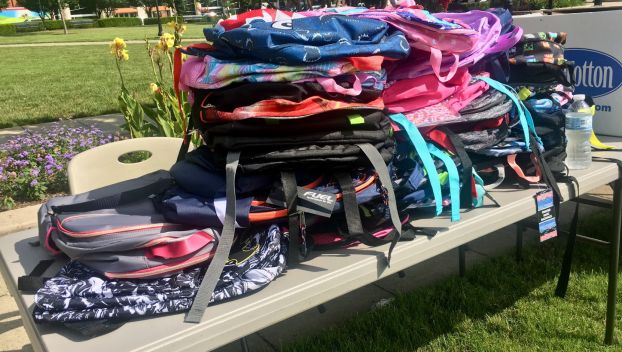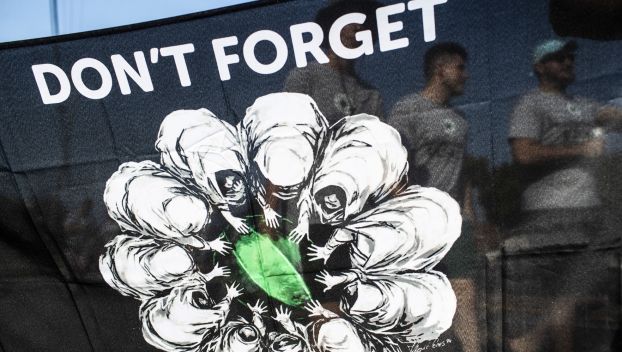
News
Bosnians remember genocide with fifth annual walk
Bowling Green’s Bosnian community held the fifth annual Walk to Remember Srebrenica on Saturday, sauntering through the streets ... Read more

Bowling Green’s Bosnian community held the fifth annual Walk to Remember Srebrenica on Saturday, sauntering through the streets ... Read more

Growing up as the son of a Bosnian refugee, Nermin Peimanovic heard stories about how his father narrowly ... Read more

It’s been almost a quarter century since more than 8,000 Bosniaks, mainly men and boys, were massacred in ... Read more